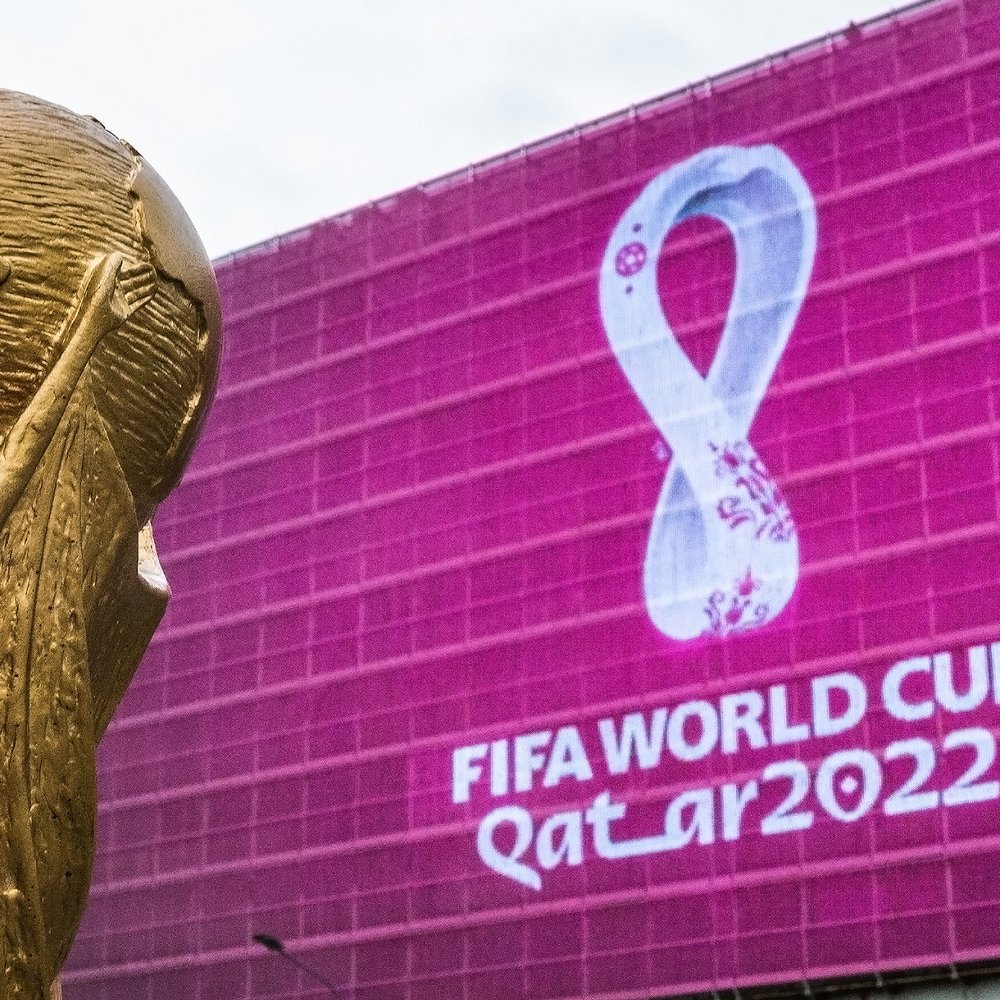FIFA celebrates human rights "milestones" at 72nd Congress incl. 2017-2021 Advisory Board, labour reforms in World Cup host Qatar & bidding requirements

fifg, Shutterstock (purchased)
From the publication of its guiding principles on human rights issues and the establishment of FIFA's Human Rights Advisory Council in 2017, to the introduction of new bidding requirements and ongoing collaboration with the Supreme Council for Organization and Sustainability, Qatari authorities and human and labor rights organisations, FIFA underscores its commitment for protecting the rights and enhancing the welfare of all those involved in the realization of FIFA competitions. Human Rights: The Path to Progress documents that urgent calls for labor market reforms were made as early as 2010, when Qatar was assigned to host the 2022 FIFA World Cup™. The film, which premiered at the 72nd FIFA Congress in Doha, gives the floor to some of the most prominent lobbyists and experts on international labor rights, reviews some of the progress made so far and makes clear that the necessary work must continue during and after Qatar 2022. Significant progress has been made through the efforts of international organisations, the Board of Governors, the Qatari authorities and FIFA.
There is still work to be done on many fronts. If we had to identify three priorities, we would definitely highlight the need for full implementation of kafala reforms to ensure workers can benefit from labor mobility. Second, ensuring workers are paid their wages on time. And third, making sure the rights of domestic workers are also protected.Max Tuñón, Head of the ILO Project Office for Qatar